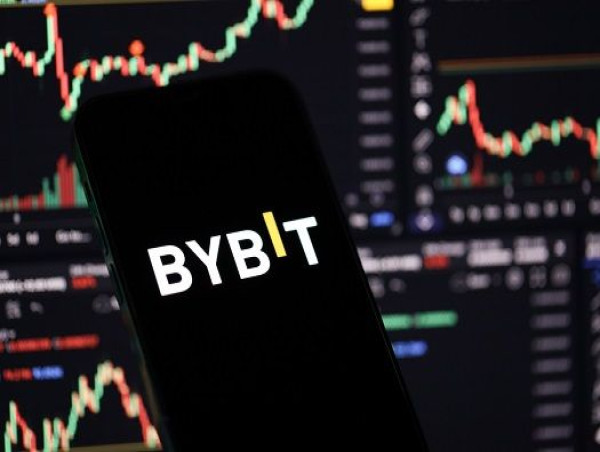The Federal Bureau of Investigation (FBI) has confirmed that North Korean hackers, operating under the codename “TraderTraitor,” were behind the theft of approximately $1.5 billion in virtual assets from ByBit, a major cryptocurrency exchange.
The attack marks one of the most significant cyber heists targeting the digital asset industry, highlighting North Korea’s growing reliance on cryptocurrency theft to fund its sanctioned economy.
The latest breach adds to the string of cyberattacks attributed to North Korea’s Lazarus Group, which has been accused of siphoning billions from decentralized finance (DeFi) platforms, exchanges, and blockchain-based projects.
According to the FBI, the stolen funds have already begun moving across multiple blockchains, being converted into Bitcoin and other cryptocurrencies before being dispersed across thousands of addresses.
This process, known as chain-hopping, is a common method used by North Korean cybercriminals to obscure transaction trails before laundering the funds into fiat currency.
Crypto exchanges at risk
ByBit, which caters to over 60 million users worldwide, disclosed on Friday that an attacker gained control of an ether wallet, transferring its holdings to an unknown address.
The security breach has raised concerns about the vulnerabilities of even well-established cryptocurrency exchanges, as North Korean hackers continue to exploit loopholes in digital asset security.
The attack comes amid heightened regulatory scrutiny on cryptocurrency platforms due to the increasing use of digital assets for illicit financial activities.
The FBI has warned that North Korean-affiliated cybercriminals are evolving their tactics, leveraging sophisticated phishing campaigns, supply chain attacks, and social engineering techniques to infiltrate crypto platforms.
This latest heist underscores the urgent need for exchanges to reinforce security measures, implement multi-layered authentication protocols, and enhance transaction monitoring to detect suspicious activity.
Funding Pyongyang’s weapons
The TraderTraitor campaign is part of a broader strategy by the North Korean regime to bypass international sanctions and fund its military ambitions.
The United Nations has repeatedly warned that Pyongyang relies on cyber theft to finance its nuclear weapons and ballistic missile programs, with cryptocurrency heists becoming a crucial revenue stream.
North Korea’s cyber operations have escalated significantly in recent years.
The Lazarus Group, widely believed to be linked to Pyongyang’s intelligence agencies, has been behind some of the largest crypto-related heists, including the $625 million attack on Axie Infinity’s Ronin bridge in 2022 and the $100 million Harmony Horizon bridge hack.
These funds are funneled through complex laundering networks, often involving mixing services, over-the-counter brokers, and cooperation with overseas financial institutions.
The FBI has urged cryptocurrency firms, blockchain analysts, and financial institutions to remain vigilant and report suspicious transactions linked to TraderTraitor.
With North Korea’s hackers continuously adapting their methods, the agency has emphasized the need for international cooperation to track and seize illicit crypto funds before they can be converted into real-world assets.
Crackdown on crypto crime
The massive theft from ByBit is expected to fuel further regulatory pressure on the cryptocurrency sector.
Governments worldwide are ramping up efforts to introduce stricter compliance measures, enhance anti-money laundering (AML) frameworks, and enforce sanctions against individuals and entities associated with North Korean cyber activities.
The US Treasury has imposed multiple sanctions on cryptocurrency mixers and exchanges suspected of facilitating money laundering for state-backed hackers.
Meanwhile, countries in Europe and Asia are tightening monitoring mechanisms to prevent illicit crypto transactions from slipping through financial oversight systems.
As North Korea intensifies its crypto-related cybercrime efforts, the global financial community faces mounting challenges in combating digital asset theft and disrupting illicit networks.
The ongoing battle against state-sponsored hacking groups highlights the critical need for stronger security measures across blockchain platforms and a coordinated international response to mitigate the risks posed by rogue nations leveraging crypto to finance their regimes.
The post ByBit crypto theft: North Korea’s TraderTraitor hackers stole $1.5B, FBI says appeared first on Invezz





